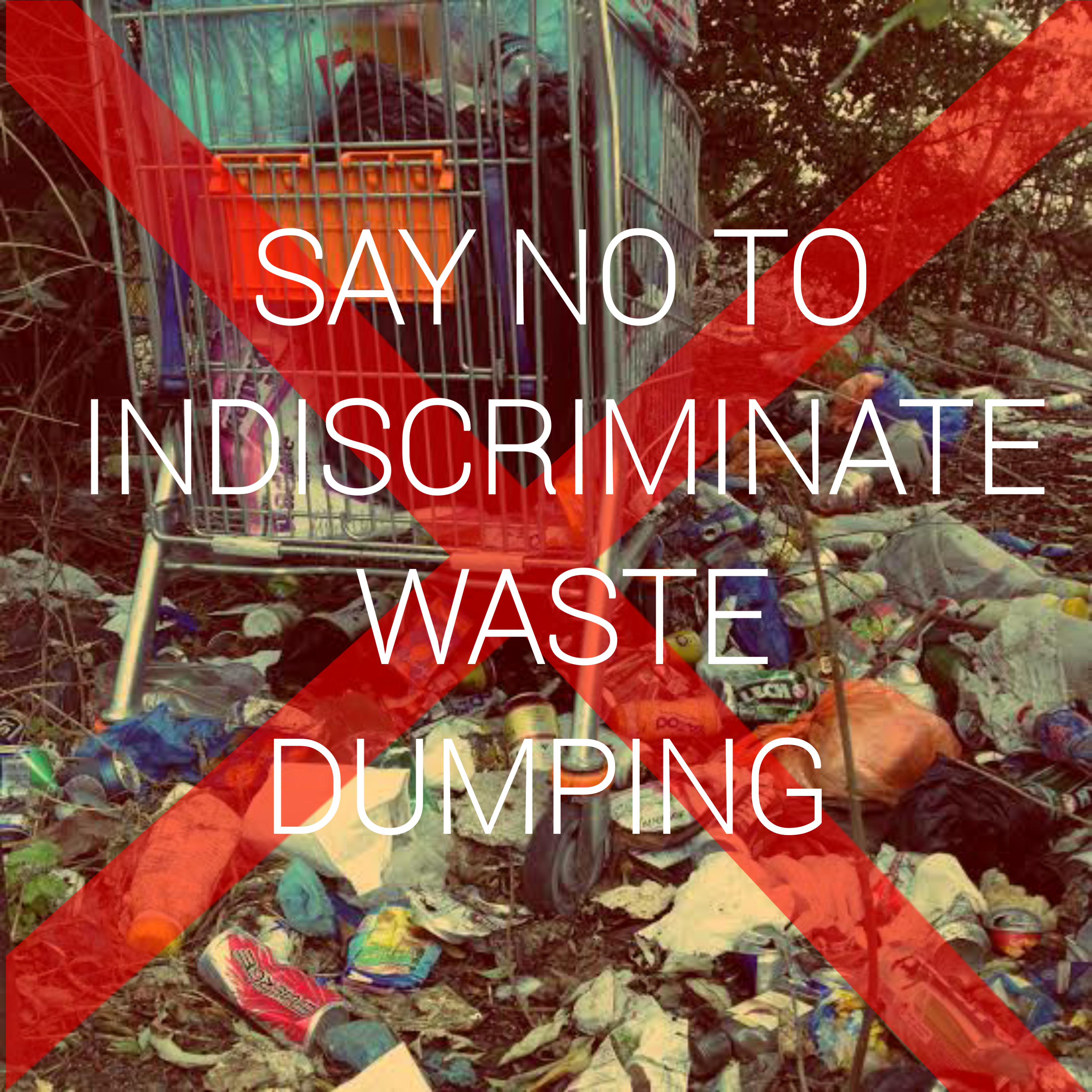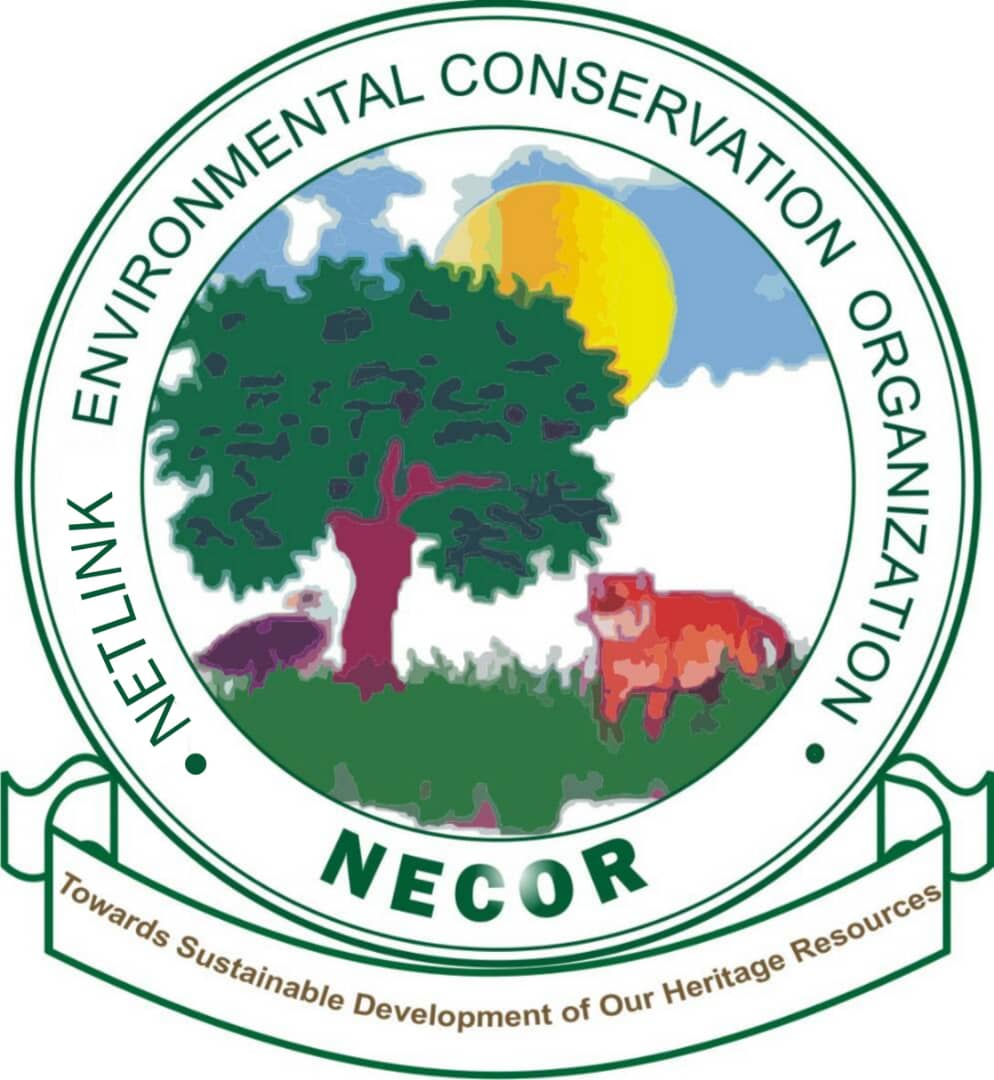
The scenario in the last couple of days within Akure metropolitan area calls for urgent and immediate attention. Little wonder the reasons for the recurrent littering of waste on the streets and major roads in the town. It is so pathetic and alarming to observe heaps of waste pilling up daily in what could be regarded as recurring decimal since inception of yuletide celebrations.
Rapid appraisal of prevailing environmental upheaval revealed a downward trends and social debauchery of unimaginable magnitude considered the international recognition earlier conceded. It will be recalled that Akure with a population of approximately 588,000 is not only acclaimed as the capital of Ondo-State, Nigeria but was selected as UNDP MDGs (Millennium Development Goal) City in 2006. This is coupled with the presence of two Millennium villages namely Ikaram and Ibaram in the Northern Senatorial district of the state. The rationales for attaining this global fleet are not far-fetched considered her assets and potentials in term of beautiful scenery, aesthetic, attractive and scintillating milieu. Needless to say, unless urgent steps are taking to address these ugly trends, the aforementioned distinguished attributes that have elevated the city to a global status might be gradually eroded. Apart from the social and economic values that are being jeopardize as a result of the current state of the town, the health implications of these obnoxious practice cannot be overemphasised.
COVID -19 and Lasser fever are two notable dreadful zoonotic diseases that are currently ravaging the world at an alarming rate. In addition to these pandemic, communicable diseases are claiming many lives daily especially in Africa. Keeping dirty and untidy environment provide enabling and suitable habitat for these infectious agents, viruses, bacteria or parasites and sometimes vectors that transmit some of diseases to thrive. This explains the reason for washing of hands, use of nose mask, disinfect your shops, homes, schools , offices and ensuring clean and hygienic environment are being strongly recommended as guidelines to safeguard and prevent the spread of these diseases.
Presently COVID-19 has infected over 86 million people with death toll of 1.8million. The discovered new variant of Coronavirus appear to spread more quickly, sparkling the possibility that the pandemic might continue to accelerate . Ondo State cannot afford to cope with the increasing waves of new strain of COVID-19 thus, proactive and urgently actions are requisite to forestall the impeding environmental catastrophe. At this particular junction with the current dilemma many questions are begging for answers, Firstly, who is to blame for this loathsome action, secondly what is the way forward to address this ugly and recurrent trend?
On the part of the citizen, there are indications that there are lack of proper education on waste management and personal hygiene and these have culminated to attendant non- chalant attitudes towards sustainable environmental development. No wonder that not every domestic residue is waste but rather spring of wealth if properly handle.
“Refuse what you do not need; reduce what you do need; reuse what you consume; recycle what you cannot refuse, reduce, or reuse; and rot (compost) the rest.”– Bea Johnson
Some are better managed and converted to wealth at the source or at the point of generation which in most cases are our homes, offices, schools and market places. Leftover that is biological origin, food items, rotten vegetables, yam peels e.t.c are easily decomposed and are suitable manure to support growth of crops especially subsistence backyard farming. Another useful byproduct from biological items is biofuel to meet domestic energy consumption. Single use plastic, broken bottles and metals on the other hand are better reused and recycled. Incidentally, there is readily available market for the non-biodegradable essential bits and pieces in the neighbourhood thanks to the efforts of the so called “sa-ile, sa-ile ‘ sa-irin . sa-irin”.
This forms the basis for the construction of bamboo waste bin prototype by a team of Environmental Conservation Volunteers some years ago. The idea was conceived to encourage sorting of domestic waste indoor. The waste bin is a simple design constructed using bamboo grass to give a trapezium shaped object with two outlets on top for dropping the waste into the bin. While an outlet is meant for collecting plastic waste, the other is to amass broken or unused bottles/cans ravage. There is no doubt that this concept will ardently inculcate intrinsic environmental consciousness right from the community level.
At the same time, Government has a share of the blame for failing to leave up to the expectation in discharging their obligations and responsibilities to protect lives and properties, improve social, economic and health being of the citizenry. Rather than encouraging dumping and collection of waste at regular interval along the major roads and streets in the metropolitan area, modular waste collection mechanism should be developed. This has been the practice in some notable countries. The modular waste management approach facilitates a direct link between Material Flow Analysis (MFA) and Life Cycle Assessment (LCA). In countries with advanced waste management systems such as Switzerland, there are improved potentials with increasing recycling rates. Assuming this concept is too sophisticated; why not burrow a leaf from Kigali, Rwanda where Information technology is being deplored to maintain cleanness and hygiene. This gives credence to the claim that Kigali is the cleanness city in Africa and the second in the world.
Stay Green, Keep Green and Remain Green
Oladeji, S.O
Ecotourism and Wildlife Management,
Federal University of Technology, Akure
www.necorng.org
